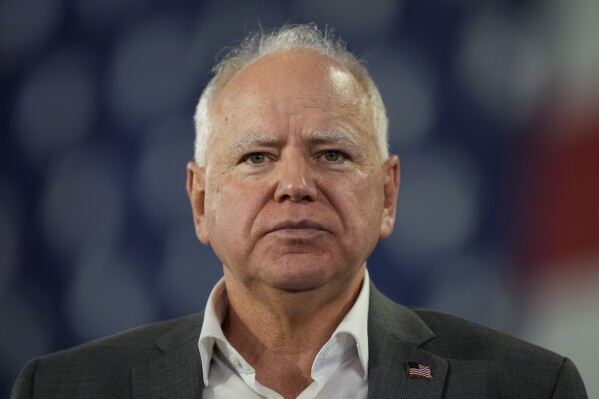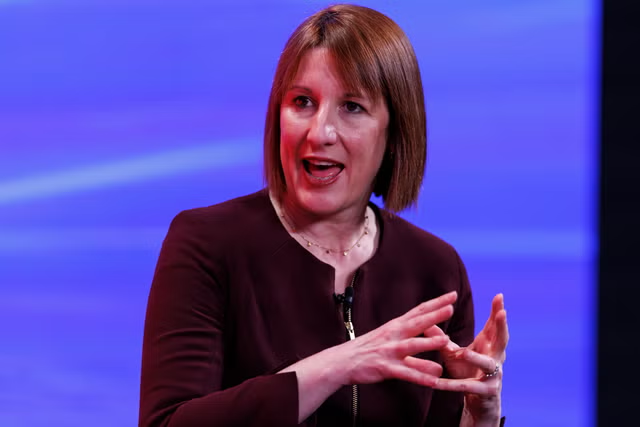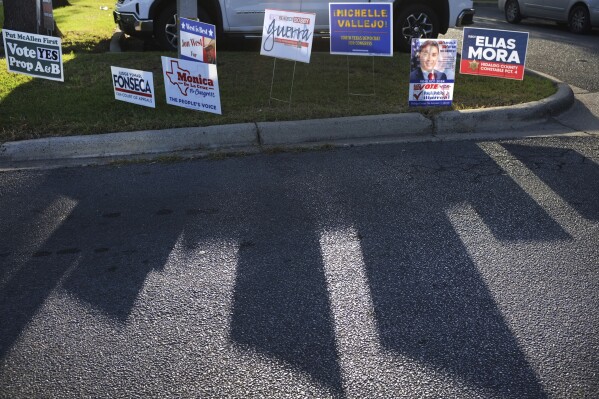ANNAPOLIS, Md. (AP) — A panel of Maryland lawmakers approved a plan on Tuesday to enable a state board to cap the price that state and local governments pay for certain high-cost prescription drugs for their employees — the latest step taken by a state to try to lower costs for expensive drugs.
The Legislative Policy Committee voted 16-5 to allow the Maryland Prescription Drug Affordability Board to move forward with these cost limits. The board, which was created by the Maryland General Assembly in 2019, is an independent agency with five members. It is supported by a 26-member council that advises it.
“I’m confident that the board and the staff will continue to listen to everyone involved as they implement this action plan,” House Speaker Adrienne Jones, a Democrat who co-chairs the committee, said. “We can and must make some prescription drugs more affordable without upending the marketplace.”
But Sen. Steve Hershey, a Republican who is the Senate minority leader, said he didn’t believe the process would work, noting that no other state has been successful yet in implementing similar price caps.
Colorado, Minnesota and Washington also have boards with the authority to set caps.
“There are concerns about accessibility to prescription drugs, as different manufacturers talked about, if they were limited to what their cost could be, and I think that that could be a very detrimental result of this,” said Hershey, who was one of five Republicans who voted against the plan.
Legal challenges also could be a hurdle. A constitutional challenge to the Biden administration’s program that enables Medicare to negotiate lower prices for widely used prescription drugs was revived by a federal appeals court in New Orleans last month. Congress created the program as part of the Inflation Reduction Act passed in 2022. The first 10 drugs targeted for negotiations were announced last year, and new prices are set to take effect in 2026.
Hershey noted that the price-cap plan in Maryland applies to drugs purchased for employees in state and local governments, and won’t necessarily lower prices for all Marylanders. He said the policy seems more like “a budget maneuver, because it really only affects state and local governments.”
Andrew York, who is the executive director of the board, said the plan includes reviewing all policies available to make prescription drugs more affordable, not just upper-payment limits. And those policies don’t necessarily have to be limited to state and local government employees, he said.
“We do expect that this work can benefit all Marylanders, potentially through our non-upper-payment limit policies, and again we think that those are just as important as the upper payment limits, if not more,” York said.
York also said that limiting the scope to state and local governments is a way of testing the policy concept to show that it can work.
Supporters of the caps also plan to push to expand the law in next year’s legislative session to apply to drugs purchased by all Marylanders.
Vincent DeMarco, president of the Maryland Health Care For All Coalition, said he’s hopeful the board could decide in coming months to cap prices for state and local government employees. The board has a meeting scheduled later this month and in November.
“Nothing’s in stone, but we are hopeful that they will use this time to actually make some drugs more affordable for state and local governments in 2025,” DeMarco said, adding that the coalition he leads will be pushing to expand the board’s authority to set upper-payment limits for drugs purchased by all Marylanders in the upcoming legislative session.
Disclaimer: The copyright of this article belongs to the original author. Reposting this article is solely for the purpose of information dissemination and does not constitute any investment advice. If there is any infringement, please contact us immediately. We will make corrections or deletions as necessary. Thank you.



